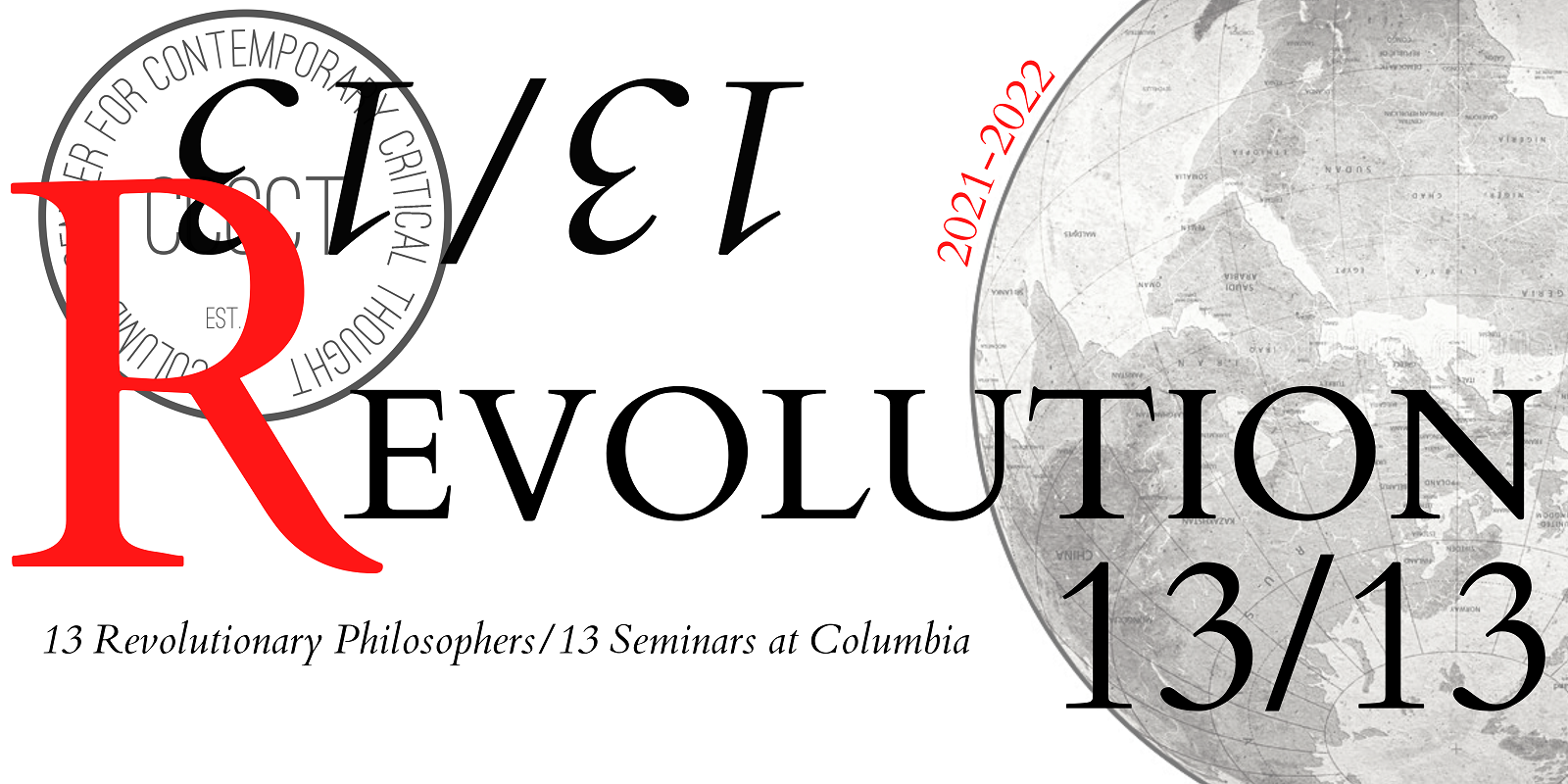 Martin Saar became professor of social philosophy (succeeding Axel Honneth) at Goethe-Universität Frankfurt am Main in October 2017, after three years as a professor of political theory at the department of political science at Universität Leipzig. He received his M.A. (in philosophy, psychology and economics) from Freie Universität Berlin in 1997, his Ph.D. (in philosophy) from Goethe-Universität Frankfurt am Main in 2004. From 2004 to 2011 he was an assistant professor at the department of political science in Frankfurt. Before taking up the positions in Leipzig and Frankfurt, he was a visiting professor teaching political theory and/or social philosophy in Bremen, Hamburg, and Berlin; he has also spent several semesters at the New School for Social Research in New York City (as a visiting graduate student, a visiting scholar and a visiting lecturer).
Martin Saar became professor of social philosophy (succeeding Axel Honneth) at Goethe-Universität Frankfurt am Main in October 2017, after three years as a professor of political theory at the department of political science at Universität Leipzig. He received his M.A. (in philosophy, psychology and economics) from Freie Universität Berlin in 1997, his Ph.D. (in philosophy) from Goethe-Universität Frankfurt am Main in 2004. From 2004 to 2011 he was an assistant professor at the department of political science in Frankfurt. Before taking up the positions in Leipzig and Frankfurt, he was a visiting professor teaching political theory and/or social philosophy in Bremen, Hamburg, and Berlin; he has also spent several semesters at the New School for Social Research in New York City (as a visiting graduate student, a visiting scholar and a visiting lecturer).
He has published widely in various fields of political theory, history of political thought and social philosophy. His dissertation was published in 2007 as “Genealogie als Kritik. Geschichte und Theorie des Subjekts nach Nietzsche und Foucault [Genealogy as Critique: History and Theory of the Subject after Nietzsche and Foucault]”, Campus Verlag; A revised version of his second thesis (“habilitation”) “Die Immanenz der Macht. Politische Theorie nach Spinoza [The Immanence of Power: Political Theory after Spinoza]” was published in 2013 (Suhrkamp Verlag; reed. 2019). Recent texts have dealt with the “ontological turn” in political philosophy and current Critical Theory.
He is a principal investigator at the research center “Normative Orders” and a member of the board and of the of the steering committee of the Institute for Social Research, both in Frankfurt. He is a member of the steering committee of the German Spinoza Society.
His areas of specialization and teaching are contemporary social and political philosophy and the history of early modern and modern political thought (with special focus on Spinoza, Nietzsche, Marx, Foucault, Critical Theory, Post-structuralism, and interdisciplinary research on collective memory, affect, ideology, aesthetics, democracy and power).
